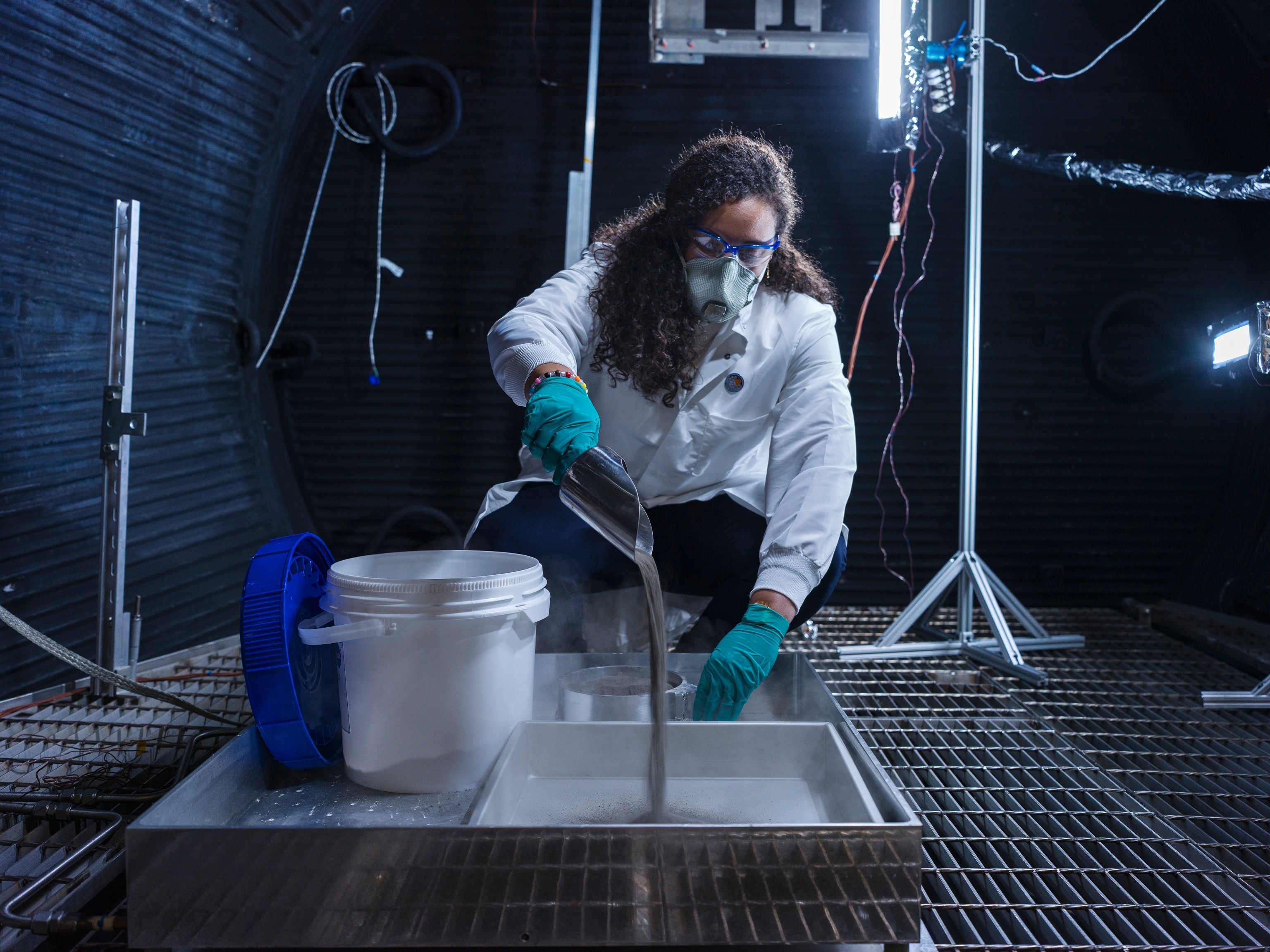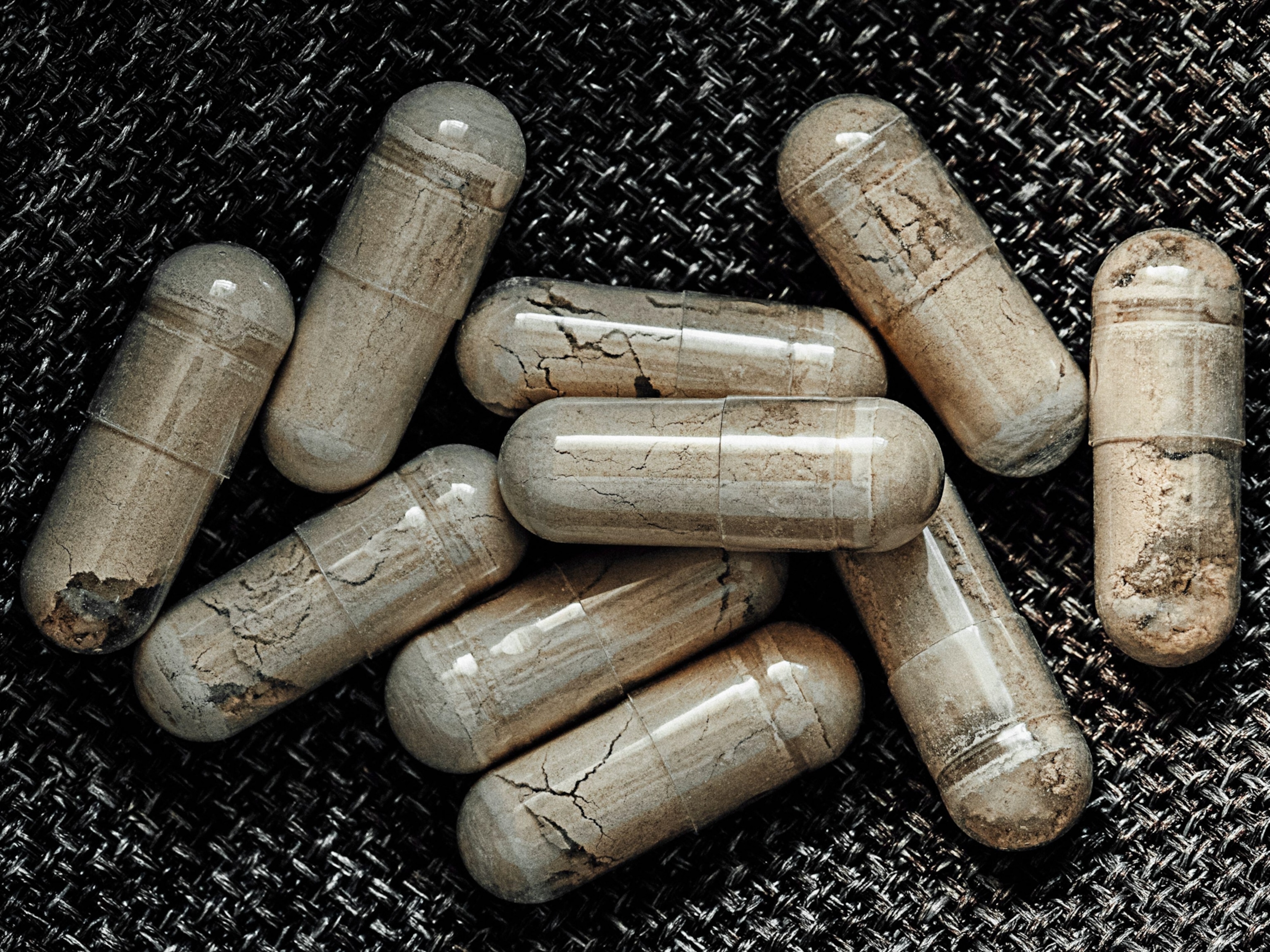
Why pregnancy means less licorice and more supplements
Enveloped in a sack of amniotic fluid, a fetus steadily grows and develops. Helplessly attached to its mother by the placenta, the fetal life-support system that provides all of its oxygen and nutrients. This makes it crucial to consume only the right things.
For some it’s pickles , for others it’s coal: Around 90 percent of moms-to-be experience a wide range of weird and wonderful pregnancy cravings, which may be the body’s way of saying more of a particular vitamin or mineral is needed. During the 40 weeks of a full-term pregnancy it is more important than ever to meet those nutritional needs through a healthy and balanced diet with the support of some specific nutritional supplements. Through the placenta, the fetus absorbs almost everything the mother ingests: She is eating for two, and what she eats during pregnancy will profoundly affect her child’s development and health in the womb and beyond. While the dangers of drinking alcohol, smoking cigarettes, and taking drugs are so deeply understood that their use causes open indignation, we tend to be much more forgiving about food.
Almost every health service publishes a list of foods to avoid during pregnancy—and they should be avoided for good reason. Unpasteurized milk and cheese contain disease-causing microorganisms, and mold-ripened soft cheeses, being less acidic and more moist than hard cheeses, are ideal breeding grounds for the most worrying bacteria of all: Listeria monocytogenes. Listeria causes an infection called listeriosis, which even in its mildest form can cause miscarriage and stillbirth. Toxoplasmosis, a normally harmless parasitic infection from raw and undercooked meat, usually goes unnoticed apart from some flu-like symptoms. If contracted in pregnancy, however, it can damage the baby’s brain, organs, and eyes, and might lead to miscarriage. The exceptionally high levels of vitamin A in liver and liver products can result in hypervitaminosis A, an overdose responsible for malformations skull, and central nervous system.
Even fish, generally a healthy choice, can cause problems. Large, long-lived, and at the top of the food chain, sharks, swordfish, and king mackerel often amass high levels of mercury that can pass through the placenta to impair the growth of a baby’s brain and nervous system. Wild fish eaten raw in sushi should be frozen to kill small parasitic worms, and harmful bacteria in uncooked shellfish can cause food poisoning which, though unlikely to harm the baby, is especially unpleasant in pregnancy. Too much caffeine may cause low birthweight or miscarriage, and even licorice has been called into question with a study in Finland suggesting that high levels of glycyrrhizin, a component of licorice, could trigger attention-deficit/hyperactivity disorder (ADHD).

But avoiding harmful foods is only half the story—an unborn baby needs enough of specific nutrients to develop properly. For most, the key is not eating more but eating more of the right things: plenty of fresh fruit and vegetables for vitamins and minerals, fiber for digestion, starchy foods like pasta for energy, protein from lean meat and cooked eggs to fuel fetal cell development, and pasteurized milk for calcium to build a baby’s bones and teeth. A healthy balanced diet will provide almost all the vitamins, minerals, and nutrients that expectant mothers need—almost. Remarkably, there are some crucial vitamins and minerals that even a balanced diet might not provide enough of during pregnancy, and these are usually recommended as supplements.
One of the most common supplements taken in pregnancy is vitamin B9, better known as folic acid. Being a water-soluble vitamin, folic acid is not stored in the body, so it has to be regularly replenished. An expectant mother needs around 400 micrograms of folic acid every day, and that’s difficult to get from food alone—it’s a daily regimen of about 30 Brussels sprouts. But folic acid is crucial as it promotes healthy cell growth and, for reasons that are still not fully understood, significantly helps to prevent birth defects known as neural tube defects, or NTDs. These include spina bifida, a condition where the tissue that folds to form the neural tube, the fetal precursor of the spinal column, doesn’t close properly and leaves the spinal cord exposed and unprotected. Affecting nearly 3,000 pregnancies each year in the United States, it’s estimated that if every woman of childbearing age took regular folic acid supplements, incidences of NTD could drop by 70 percent.
Vitamin D is another highly recommended supplement. Almost all of our natural vitamin D comes from sunlight rather than foods, so in temperate climates it can be difficult to get enough as we are either covering up with sunscreen in summer or wrapped up under gray skies in winter—if we are outside at all. Vitamin D regulates the amount of calcium and phosphate in the body, helping to keep bones, teeth, and muscles healthy.
Some expectant mothers need to take particular care: Vegetarians and vegans might find it especially hard to get enough iron and B12, a vitamin essential for brain and spine development. Similarly, anyone following a restricted diet, for medical, cultural, or economic reasons, will need to explore the best ways to get all the right nutrients in the right quantities; some health authorities may provide pregnant women with essential supplements for free. Even so, there are more than 130 million pregnancies every year and around 6 percent of babies are born with a serious birth defect. While some are genetic and unavoidable, others are due to environmental influences, including nutritional shortfalls in the womb. The foods eaten in pregnancy matter more than ever—they’re the building blocks of the baby.
We asked some big questions about living a better life. Discover more about how we can overcome the world’s biggest challenges at natgeo.com/questionsforabetterlife







